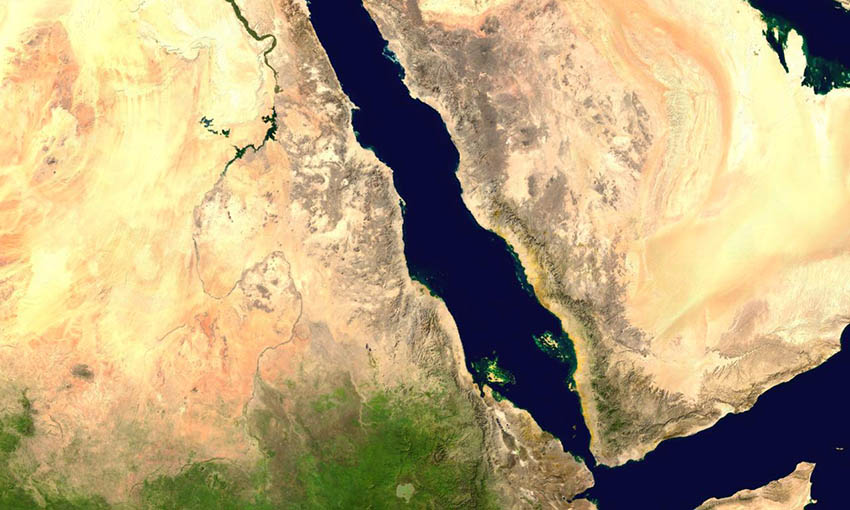THE EUROPEAN Council has launched a defensive maritime security operation aimed at restoring freedom of navigation in the Red Sea and surrounding waters.
EUNAVFOR ASPIDES was set up to ensure an EU naval presence in the area where numerous attacks from Ansar Allah – also known as the Houthis – have targeted commercial shipping.
The operation will focus on the main sea lines of communication in the Bab-el-Mandab Strait and the Strait of Hormuz, as well as international waters in the Red Sea, the Gulf of Aden, the Arabian Sea, the Gulf of Oman and the Gulf.
Josep Borrell, high representative for foreign affairs and security policy, said the European Union was “responding swiftly” to the necessity to restore maritime security and freedom of navigation in a strategic maritime corridor.
“The operation will play a key role in safeguarding commercial and security interests, for the sake of the EU and the wider international community,” he said.
The World Shipping Council expects the operation to play a role in defending seafarers, commercial and security interests in the region.
“The security situation around the Red Sea continues to be dire, with vessels attempting to transit being fired upon with missiles and drones as well as suffering attacks from armed fighters on the water,” the World Shipping Council said.
“Carriers are adapting to the situation in the way that best keeps seafarers, cargo and vessels safe while at the same time serving customers’ needs.
“Safe passage for seafarers and trade through this strategic waterway needs to be re-established as soon as possible.
“WSC calls on all nations and international organisations to protect seafarers, and international trade in the Red Sea, through all available diplomatic and defensive means.”
ASPIDES is not the first operation to be established in the Red Sea; the United States set up the multinational security initiative Operation Prosperity Guardian in December last year.




